 Tools for Conviviality by Ivan Illich
Tools for Conviviality by Ivan Illich
A 1973 book, Tools for Conviviality by Ivan Illich, argues our dream was to build machines to replace slaves, and instead we have become enslaved to machines.
“To formulate a theory about a future society both very modern and not dominated by industry, it will be necessary to recognize natural scales and limits. We must come to admit that only within limits can machines take the place of slaves; beyond these limits they lead to a new kind of serfdom. Only within limits can education fit people into a manmade environment: beyond these limits lies the universal schoolhouse, hospital ward, or prison.” (xii)
Fifty years on and Illich is still apt.
“The foreseeable catastrophe will be a true crisis – that is, the occasion for a choice – only if at the moment it strikes the necessary social demands can be effectively expressed. They must be represented by people who can demonstrate that the breakdown of the current industrial illusion is for them a condition for choosing an effective and convivial mode of production. The preparation of such groups is the key task of new politics at the present moment.” (114, bold added)
Illich argues the available convivial tool: “can only be the formal structure of politics and law.” (115)
Our foreseeable catastrophe is the true crisis of We the People not being represented according to numbers.
Our politics is the usurpation and its supporters.
Our law is Article 1, Section 2, Clause 3 of the US Constitution … and its supporters.
The choice is between usurpation, which is the law of rule, and the US Constitution, which is the rule of law.
Choose.
Posted by Bryan W. Brickner


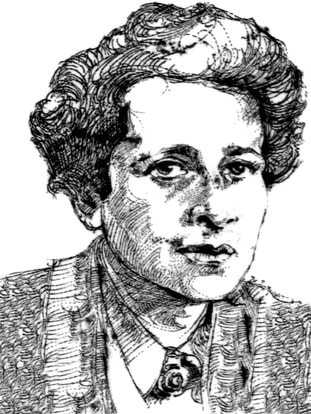

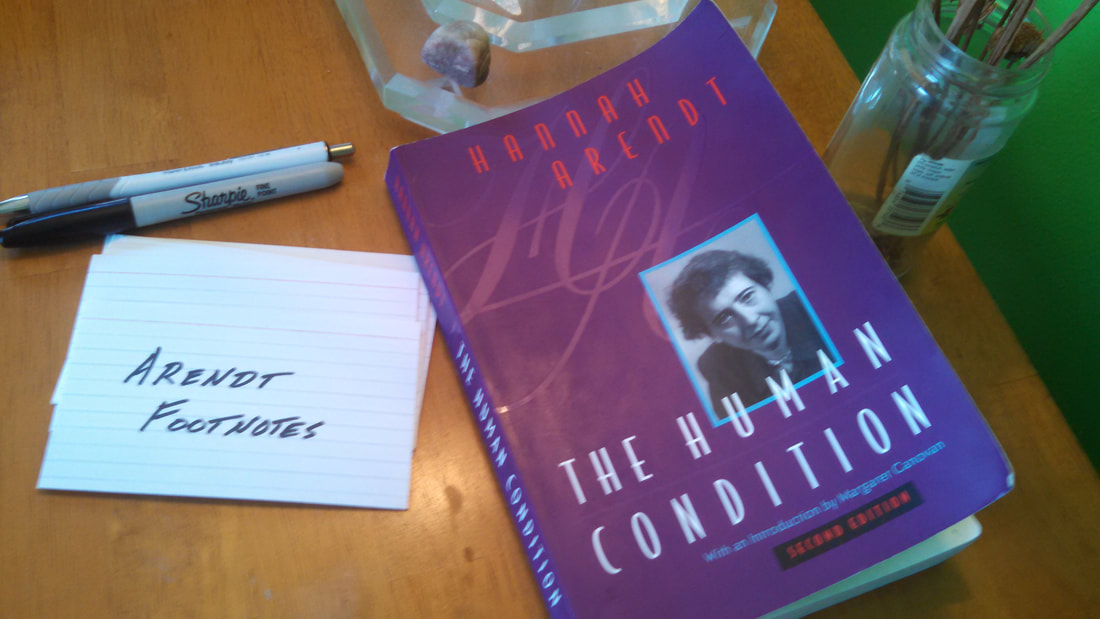
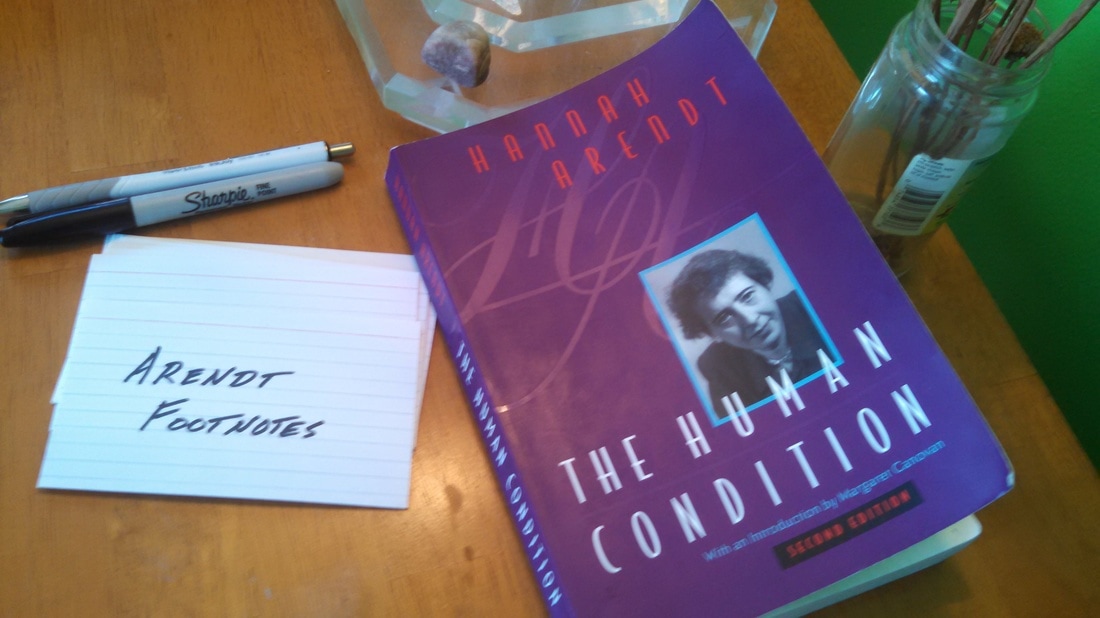

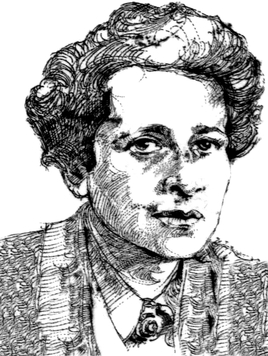
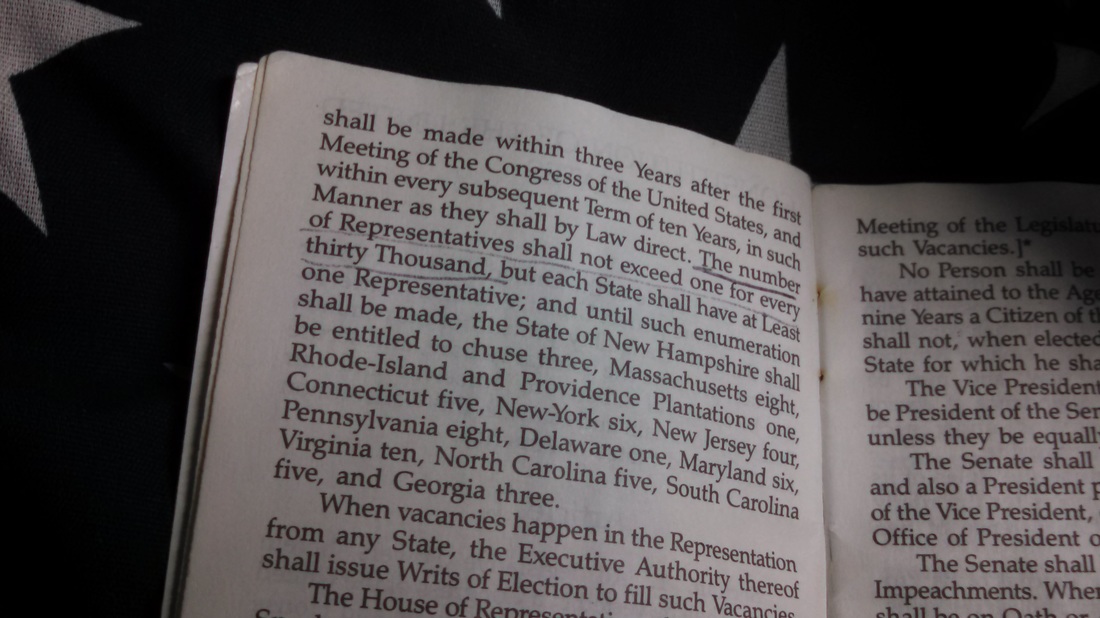
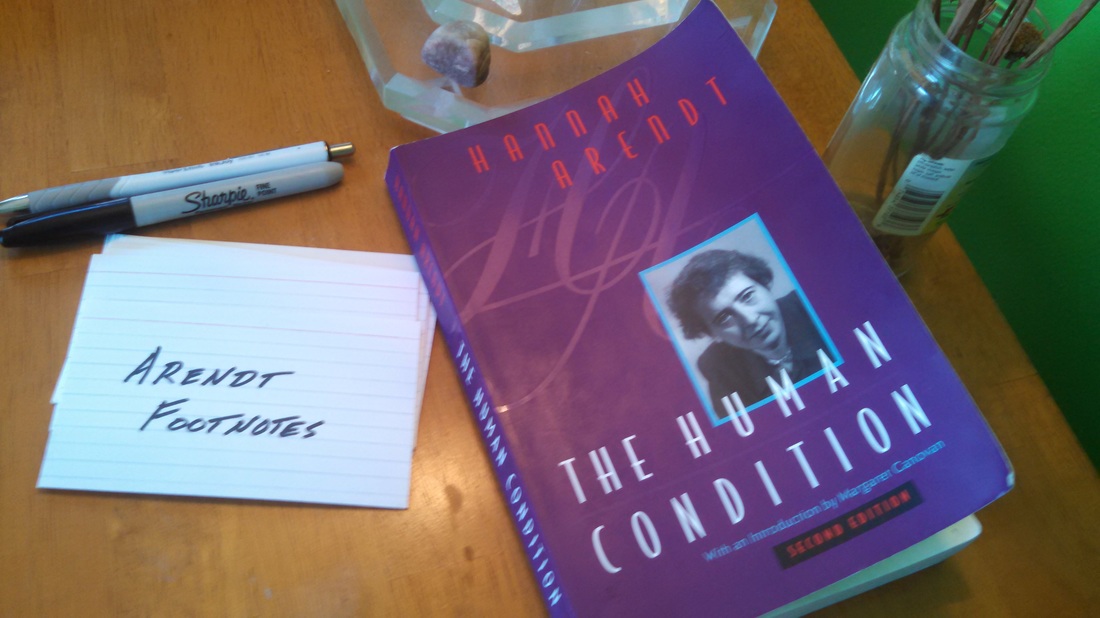
 RSS Feed
RSS Feed
